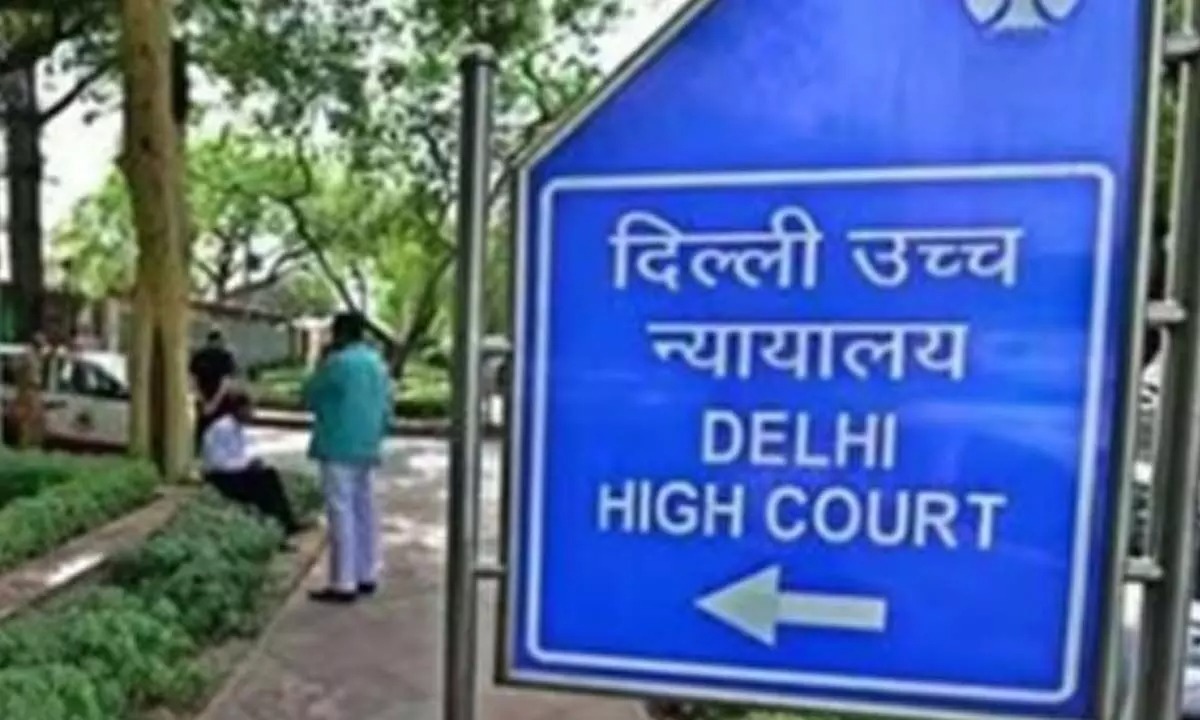1. The present appellant being aggrieved by the judgment and decree dated 30th November 1971 passed by the learned Judge, First Court, City Civil Court, in an Ejectment suit, presented a memorandum of Appeal in this Court. According to the report of the Stamp Reporter, the appeal was in time upto 7th February 1972 and out of time on 18th February 1972, that is, upto the date of presentation, by eleven days. The Memorandum of Appeal was accordingly, returned to the learned Advocate. On March 22, 1972 he filed an application u/s 5 of the Limitation Act along with the said Memorandum of Appeal before the Division Bench and the learned Judges of the Division Bench directed that the said application be placed before the appropriate Bench, on March 24, 1972. Amaresh Roy, J., summarily rejected the said application u/s 5 of the Limitation Act.
2. The appellant has presented this Letter Patent Appeal against the said decision of Amaresh Roy J., summarily rejecting his application u/s 5 of the Limitation Act.
3. In our view, no appeal under clause 15 of the Letter Patent lay against the said summary rejection of the appellant''s application u/s 5 of the Limitation Act. Therefore, it is not necessary for us to examine the further question as to whether the learned Judge was right in passing the above rejection order of the application u/s 5 of the Limitation Act.
4. Mr. Basu Mazumdar, learned Advocate for the respondents, placed before us the decision of the Letters Patent Bench consisting of Ghose, Acting CJ., Harington, J. and Caspersz, J. in (1)
We think that ''judgment'', in cl. 15 means a decision which affects the merits of the question between the parties by determining some right or liability. It may be either final, or preliminary, or interlocutory, the difference between them being that a final judgment determines the whole cause or suit and a preliminary, or interlocutory judgment determines only a part of it, leaving other matters to be determined.
Ghosh, A. C. J. proceeded to observer:
Now, applying this definition to the order passed by Mr. Justice Rampini, it seems to us that the order merely debars the Appellant from reviving his appeal, which by operation of law was a dead appeal, against a decree which had finally determined the respective rights and liabilities of the parties thereto. The rule that had been granted was discharged; and it put an end, not to the defunct appeal, but to a proceeding in which the Appellant sought to have that appeal admitted and registered, though already time-barred. The proceeding in question was something distinct and independent; it did not, and could not, involve any question or consideration of the rights and liabilities of the parties. It may no doubt be said that an order which terminate a proceeding is a judgment within the meaning of clause 15, but it must be a proceeding, as we understand it, in course of a suit or in relation thereto, and in which some question or other as to the right or liability of any party is raised, and not a proceeding in respect of a matter which had already come to termination by operation of law or otherwise.
Ghose, A. C. J. in his judgment also relied upon the earlier Division Bench Decision of this Court in (3) Kishen Pershad Panday v. Tiluckdhari Lall, reported in ILR 18 Cal 182. Sir W. Comer Petheram C. J. and Ghose J. in Kishen Pershad Panday v. Tiluckdhari Lall (Supra) held:
No appeal will lie from an order of a Judge of the Privy Council department refusing to extend the time prescribed by law within which an appellant is required to furnish security for the costs of the respondent, and directing the appeal to be struck off by reason of such security not having been given within the prescribed time.
Such an order is not a ''judgment'' within the meaning of Clause 15 of the Letter Patent.
Mr. Basu Mazumdar also has drawn our attention to the decision of the Letters Patent appeal in (4) Brojo Gopal Ray Burman v. Amar Chandra Bhattacharya, reported in 32 C.W.N. 935 where Rankin, C.J. delivering the judgment of the Letters Patent Bench laid down that an order made by one Judge of the High Court allowing an appeal filed out of time to be registered is not a judgment within the meaning of clause 15 of the Letters Patent.
5. Recently, a Special Bench of this Court in (5)
6. Sir Ashutosh Mookherjee and Beachcroft, JJ. in (6) Chandi Charan Saha v. Jnanendra Nath Bhattacharjee and ors., reported in 29 C.L.J. 225 held that a decision of this court setting aside the decision of the District Judge and directing re-hearing of an appeal was judgment within the meaning of clause 15 of the Letter patent. In that connection Sir Ashotosh Mookherjee J. laid down the tests of a judgment within the meaning of clause 15 of the Letter Patent. But the learned Judges who had decided Chandi Charan Saha v. Jnanendra Nath Bhattacharjee (supra) had no occasion to deal with the point involved in the present appeal, namely, whether an appeal lies against rejection of an application u/s 5 of the Limitation Act.
7. Mr. Dey also drew our attention to the decisions of the Bombay High Court in (7) Ram Chandra Gangadhar Karve v. Mahadeb Moreshvar Phadris, AIR 1917 Bombay 14 and Nagindas Motilal v. Nitaji Moroba Naik, reported in AIR 1924 Bombay 399. In these two cases apparently views contrary to those taken by this Court in (1)
8. The Full Bench of the Punjab High Court in
9. In the above view, this appeal, which is not maintainable fails. We, accordingly, dismiss this appeal.
10. There will be no order as to costs.
11. The connected Rule is also discharged without any order as to costs.
Bhattacharyya, J.
12. I agree.

